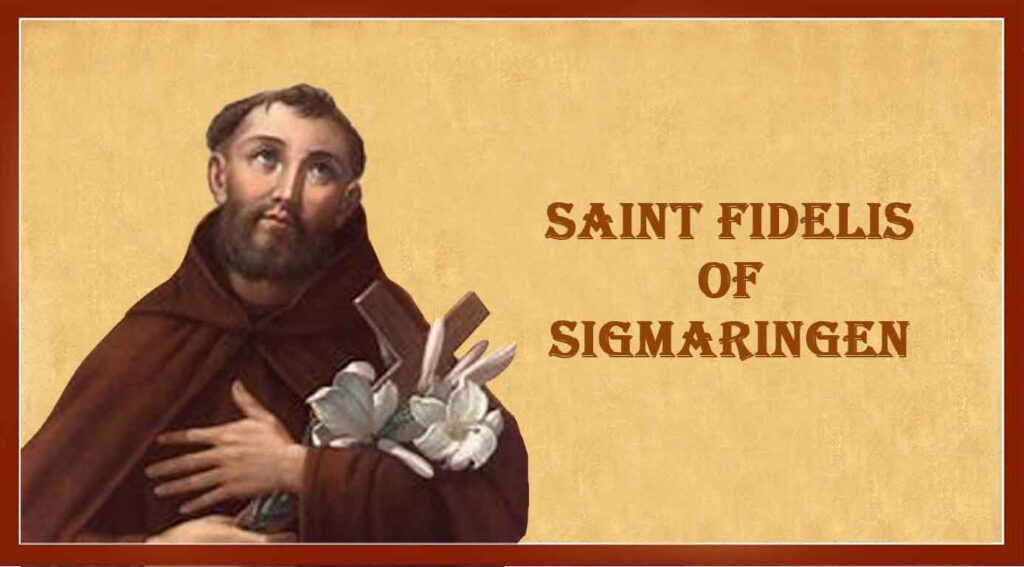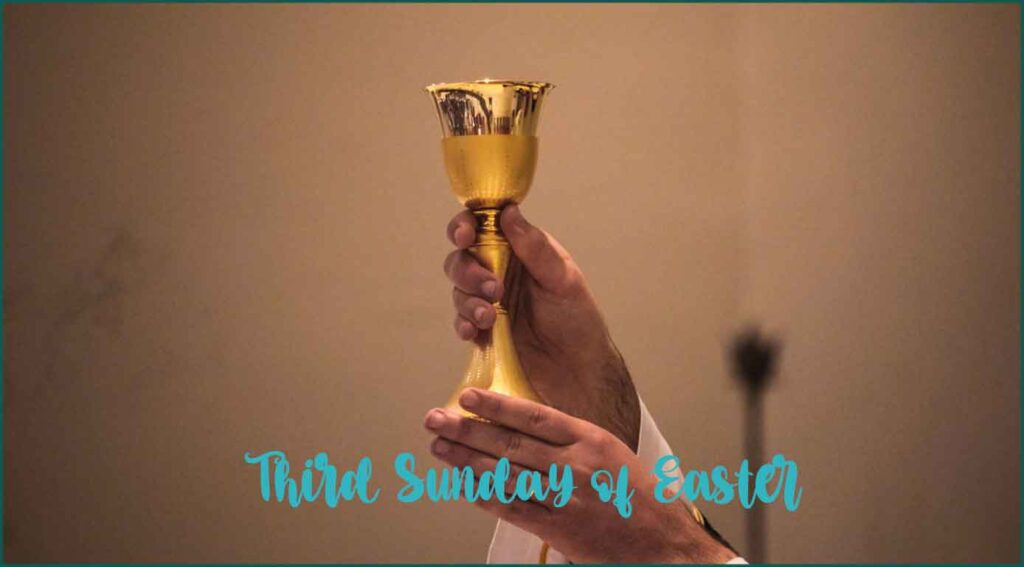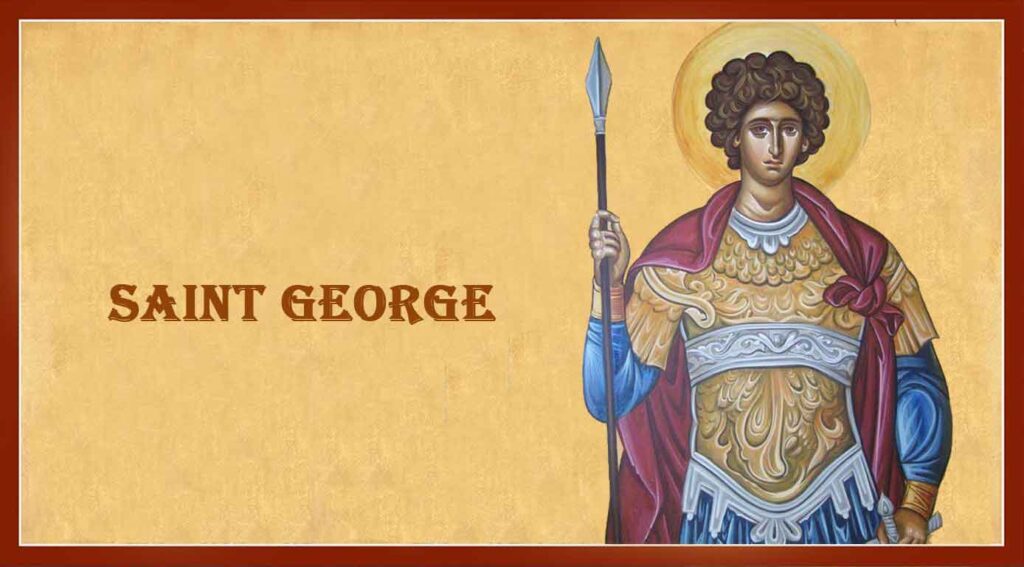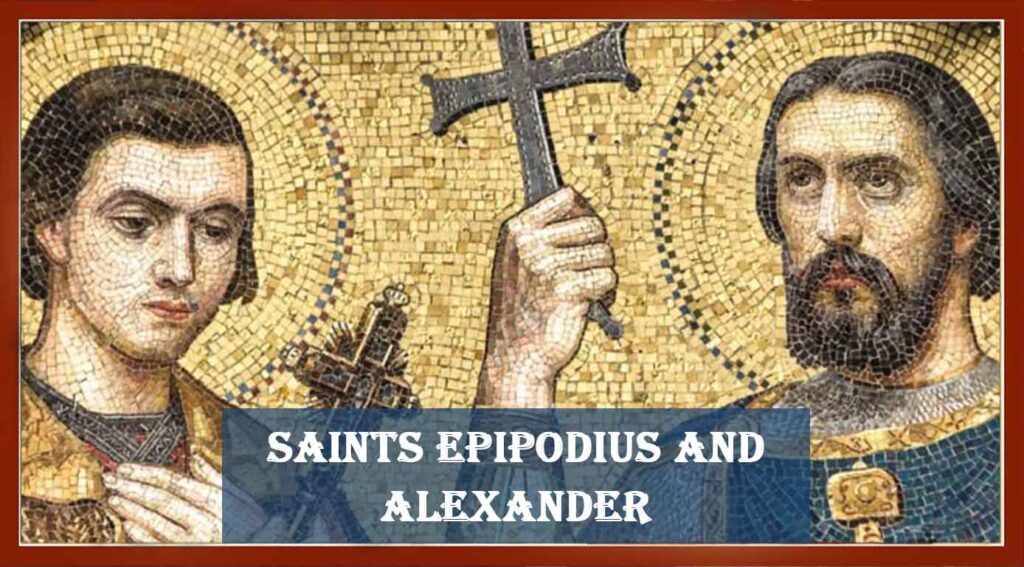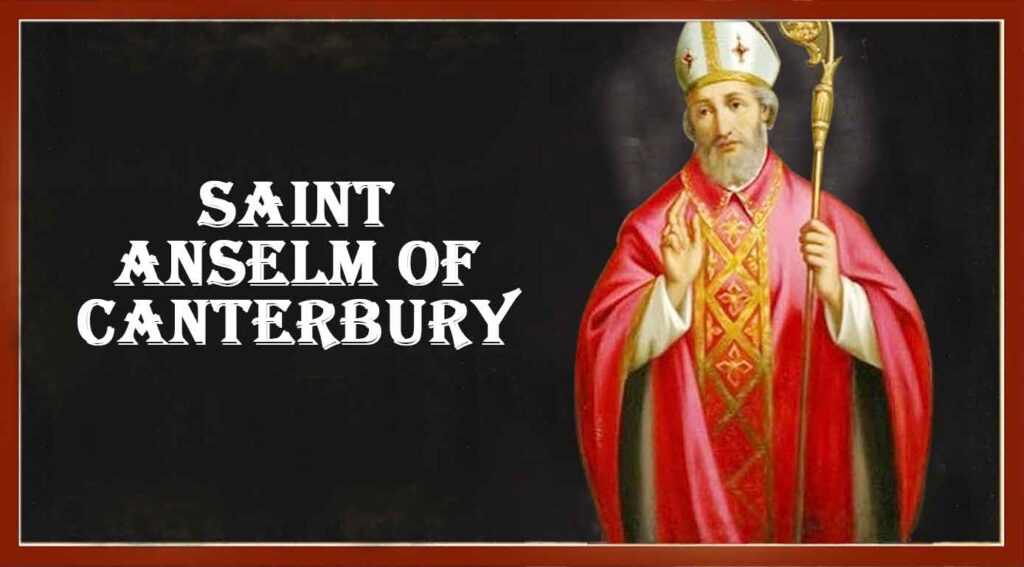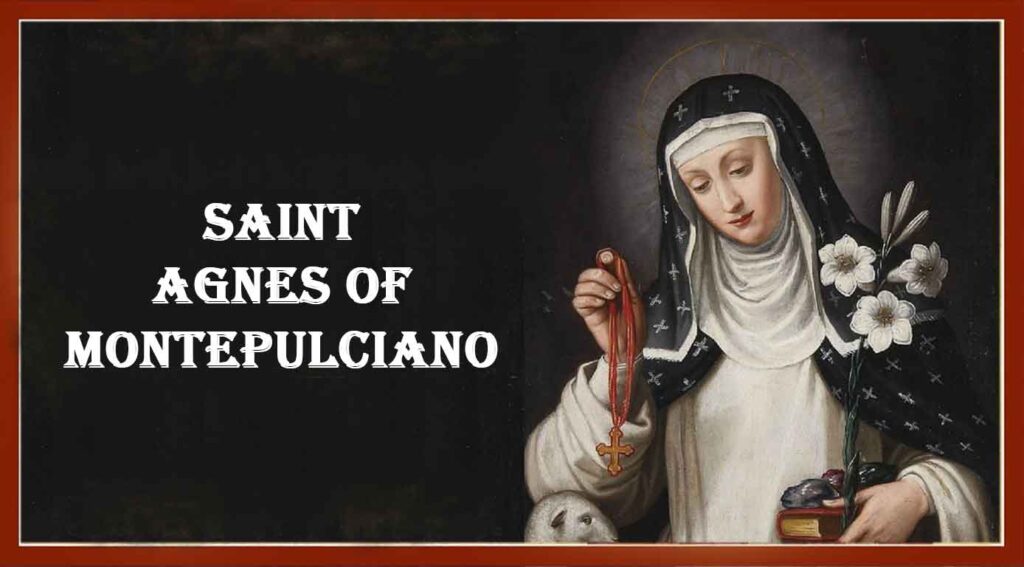Saint Fidelis of Sigmaringen
Saint Fidelis of Sigmaringen was a Capuchin friar who was involved in the Catholic Counter-Reformation. He taught philosophy at this university, ultimately earning the degree of Doctor of Law. During his time as a student he did not drink wine, and wore a hair-shirt. He was known for his modesty, meekness and chastity.
He practiced law as a counselor or advocate, at Colmar in Alsace, France, where he came to be known as the ‘poor man’s lawyer’. He scrupulously forbore all invectives, detractions, and whatever might affect the reputation of any adversary. Disenchanted with the evils associated with his profession, he determined to join his brother George as a member of the Capuchin friars.
As soon as Saint Fidelis finished his course of theology, he was immediately employed in preaching and in hearing confessions. During a severe epidemic in a city, Fidelis cared for and cured many sick soldiers.
The Calvinists of that territory, being incensed at his success in converting their brethren, loudly threatened Fidelis’ life, and he prepared himself for martyrdom. He was eventually confronted by 20 Calvinist soldiers who demanded unsuccessfully that he renounce the Catholic faith, and when he refused, they subsequently murdered him.
Saint Fidelis of Sigmaringen Read More »


